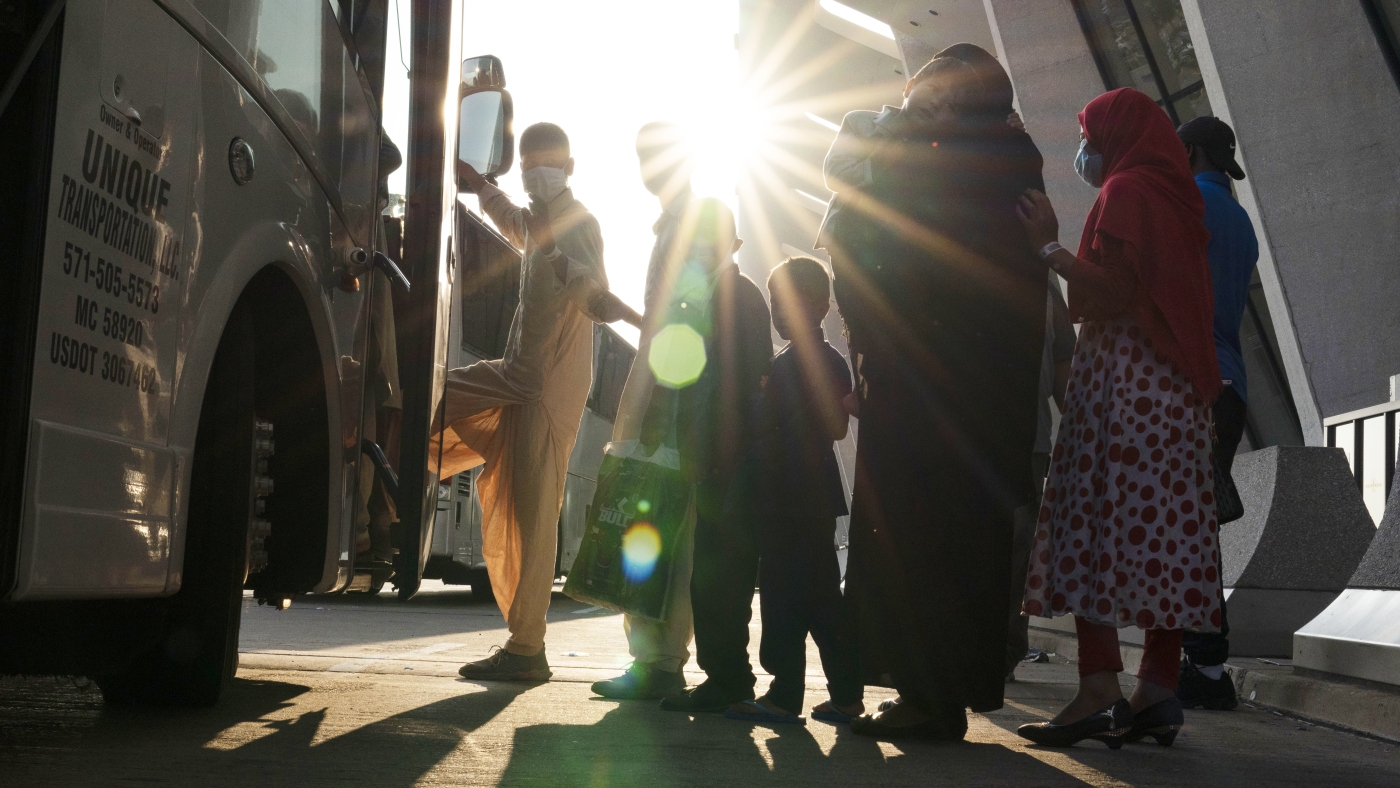Trump Administration’s Immigration Policies: A Tale of Two Refugee Groups
Introduction
Immigration policies under the Trump administration have often been divisive, but few contrasts are as striking as the simultaneous welcoming of white Afrikaners from South America and the termination of protections for Afghan allies. These decisions reveal a complex, politically charged approach to refugee resettlement—one that prioritizes certain groups while disregarding others. The implications extend beyond policy, touching on ethics, international relations, and America’s moral obligations to those who have aided its missions abroad.
The Afrikaner Exception
A Controversial Welcome
In February, President Trump signed an executive order granting refugee status to white Afrikaners from South Africa, a group historically linked to the apartheid regime. This decision came just a month after the administration suspended refugee admissions from other regions, making the Afrikaners a glaring exception. The first group of 59 arrived in the U.S., sparking immediate debate.
Justifications and Skepticism
The administration defended the move by citing alleged racial discrimination and violence against Afrikaners in South Africa. However, critics argue that the claim lacks substantial evidence. South Africa, while grappling with economic and social challenges, does not face conditions comparable to war-torn regions typically prioritized for refugee status. Many view this decision as politically motivated—an appeal to a specific voter base rather than a genuine humanitarian effort.
Political Symbolism
The Afrikaners’ resettlement aligns with broader narratives about white minority persecution, a theme echoed in far-right circles. By framing them as victims, the administration reinforces a contentious ideological stance. This selective compassion raises questions: Why Afrikaners, and not other groups facing far graver threats?
The Abandonment of Afghan Allies
Revoking Temporary Protected Status
While Afrikaners were being fast-tracked, the administration moved to end Temporary Protected Status (TPS) for approximately 9,000 Afghan refugees. These individuals, many of whom served as interpreters or support staff for U.S. forces, now face deportation to a country still embroiled in conflict. The administration’s assertion that Afghanistan is “safe” contradicts assessments from veterans, NGOs, and security experts.
Betrayal and Consequences
For veterans who served alongside Afghan allies, this decision feels like a betrayal. Retired General David Petraeus condemned the move, stating it undermines trust in future U.S. missions. Human rights organizations warn that deportees risk retaliation from the Taliban, making this a potential death sentence for many. The contrast with the Afrikaner policy underscores a troubling inconsistency: loyalty and service seemingly count for less than political alignment.
Ethical and Political Implications
Selective Humanitarianism
The dual policies highlight a preference for refugees who fit a particular demographic or ideological profile. While the U.S. has historically assessed refugee claims based on urgency and need, the Afrikaner case suggests a shift toward politically expedient criteria. This selectivity erodes the credibility of America’s humanitarian commitments.
Racial and Political Undertones
Critics argue that race plays an unspoken role. Afrikaners, a predominantly white group, receive protections denied to non-white refugees from similarly unstable regions. Combined with the administration’s broader rhetoric on immigration—including the “Muslim ban” and family separations—the pattern suggests a hierarchy of deservingness tied to race and politics.
Global Perceptions
Internationally, the disparity damages U.S. credibility. Allies question whether American promises of protection are reliable, while adversaries exploit the hypocrisy. For Afghans, the message is clear: cooperation with the U.S. offers no long-term security.
Public and Institutional Backlash
Veterans’ Outcry
Military leaders and veteran groups have been vocal in their opposition. Organizations like No One Left Behind argue that failing to protect Afghan allies dishonors their service and endangers lives. Congressional efforts to create special visas for Afghan allies have gained bipartisan support, signaling dissent even within the administration’s own party.
Legal and Humanitarian Challenges
Advocacy groups are preparing lawsuits to block the termination of TPS, citing violations of due process and inadequate risk assessments. Meanwhile, the UN and Amnesty International have condemned the Afrikaner decision as a misuse of refugee systems.
Conclusion: A Policy of Contradictions
The Cost of Inconsistency
The Trump administration’s refugee policies reveal a stark double standard: one group welcomed with open arms, another cast aside despite their sacrifices. This inconsistency isn’t just ethically fraught—it weakens America’s global standing and betrays those who risked everything for U.S. interests.
A Call for Coherence
Moving forward, immigration policy must prioritize genuine need over political convenience. Whether through legislative action or public pressure, the U.S. must reconcile its humanitarian obligations with its strategic interests. Otherwise, these contradictions will leave lasting scars—on refugees, allies, and the nation’s conscience.











